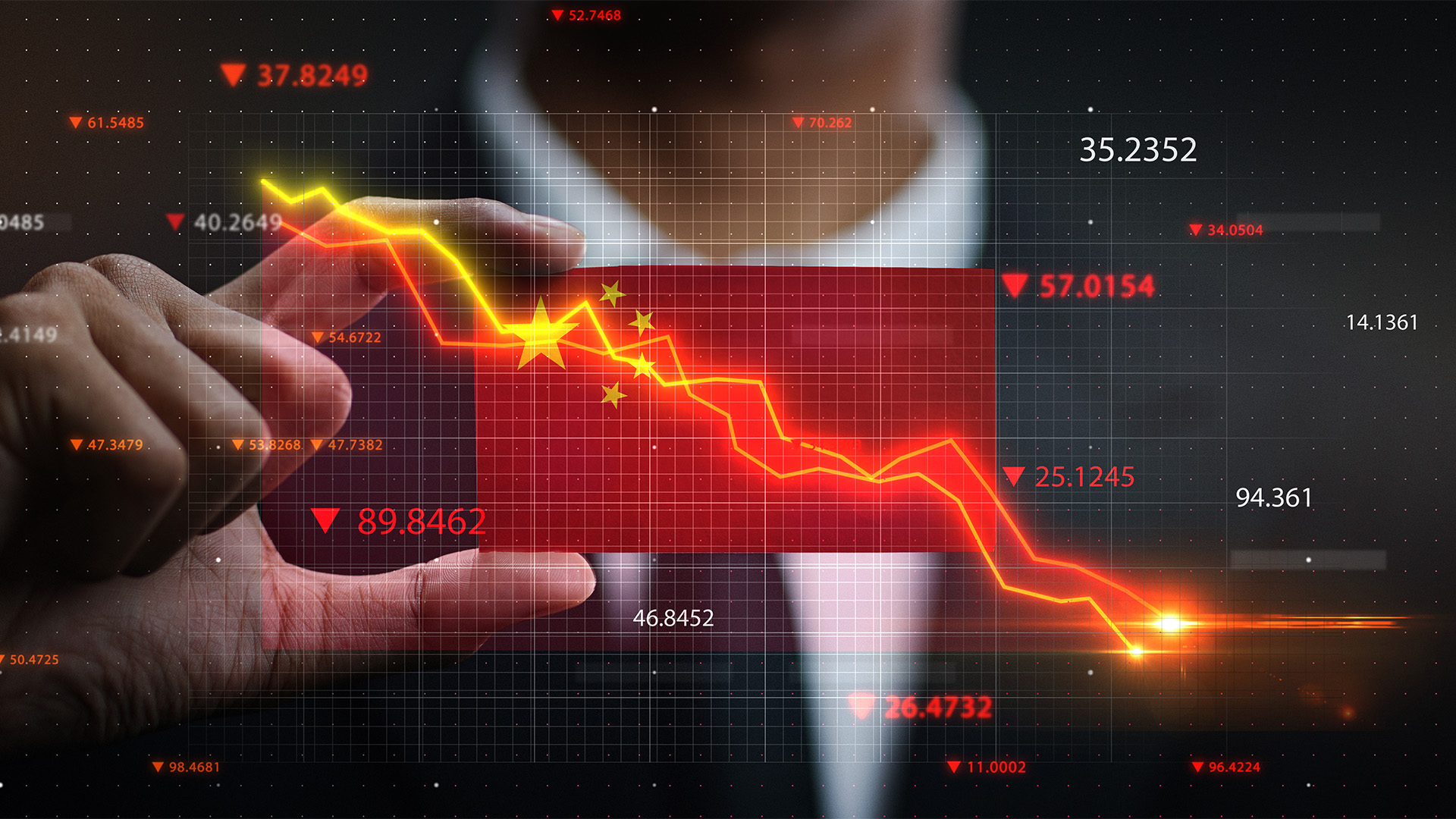Moody’s Investors Service has downgraded its outlook on China’s sovereign credit rating to negative. The agency cited growing risks of persistently lower midterm economic growth and the ongoing negative impact from the country's property crisis, which shows few signs of improvement.
Moody’s believes that the property sector's troubles will compel the government to bail out not only the sector but also many provincial and local governments heavily invested in property, as well as shadow banks, including Zhongzh, which admitted to around $US64 billion in debts in China and offshore.
Shadow banks pose a $US3 trillion challenge for President Xi's government, directly tied to the troubled property sector, where three major developers are bankrupt and collectively owe over $US600 billion in local and offshore debts.
While Moody's affirmed China's A1 long-term local and foreign-currency issuer ratings with a negative outlook, it expects the country's annual GDP growth to be 4% in 2024 and 2025, averaging 3.8% from 2026 to 2030. This marks the second time in six years that Moody's has cut China's rating, having downgraded it from Aa3 to A1 in 2017, warning of rising debt across the economy, a prediction that has materialized.
While a negative outlook doesn't guarantee a downgrade, it serves as a warning of a possible downgrade within the next 18 months.
In response to the downgrade, China's stock markets fell sharply, with the Shanghai market down 1.67%, the CSI 300 losing 1.9%, and the Hang Seng index in Hong Kong also declining.
China's Finance Ministry expressed disappointment with Moody's downgrade and asserted that the country's economy would maintain its positive trend and rebound. The ministry argued that Moody's concerns about economic growth, fiscal sustainability, and other aspects were unnecessary, asserting that the impact of the real estate market downturn on local and government budgets was manageable and structural.
Moody's anticipates that the China property sector will remain a smaller proportion of the overall economy compared to before the property correction that began in 2021. The change in outlook reflects increased risks related to structurally lower medium-term economic growth.
Moody's also noted mounting evidence that the government and state-owned companies would provide financial support to weaker regions, posing broad downside risks to China's fiscal, economic, and institutional strength.
China, the world's second-largest economy, has faced challenges in mounting a strong post-COVID recovery due to weaker demand for exports, pressure from the property crisis, local government debt risks, slow global growth, and geopolitical tensions, all of which have hampered momentum.
Unemployment among young urban residents became a significant issue mid-year, prompting President Xi Jinping's government to cease publishing the jobless rate for this group (which stood at around 20%).
Despite a flurry of policy support measures, including two interest rate cuts, two releases of reserve assets, and efforts to inject liquidity into the financial system daily, economic growth has remained elusive.
November trade data and inflation figures are expected to show little improvement, highlighting the challenges of low growth, low activity, weak export demand, high debt levels, and political indecision that Moody's is warning China may face in the years ahead.














